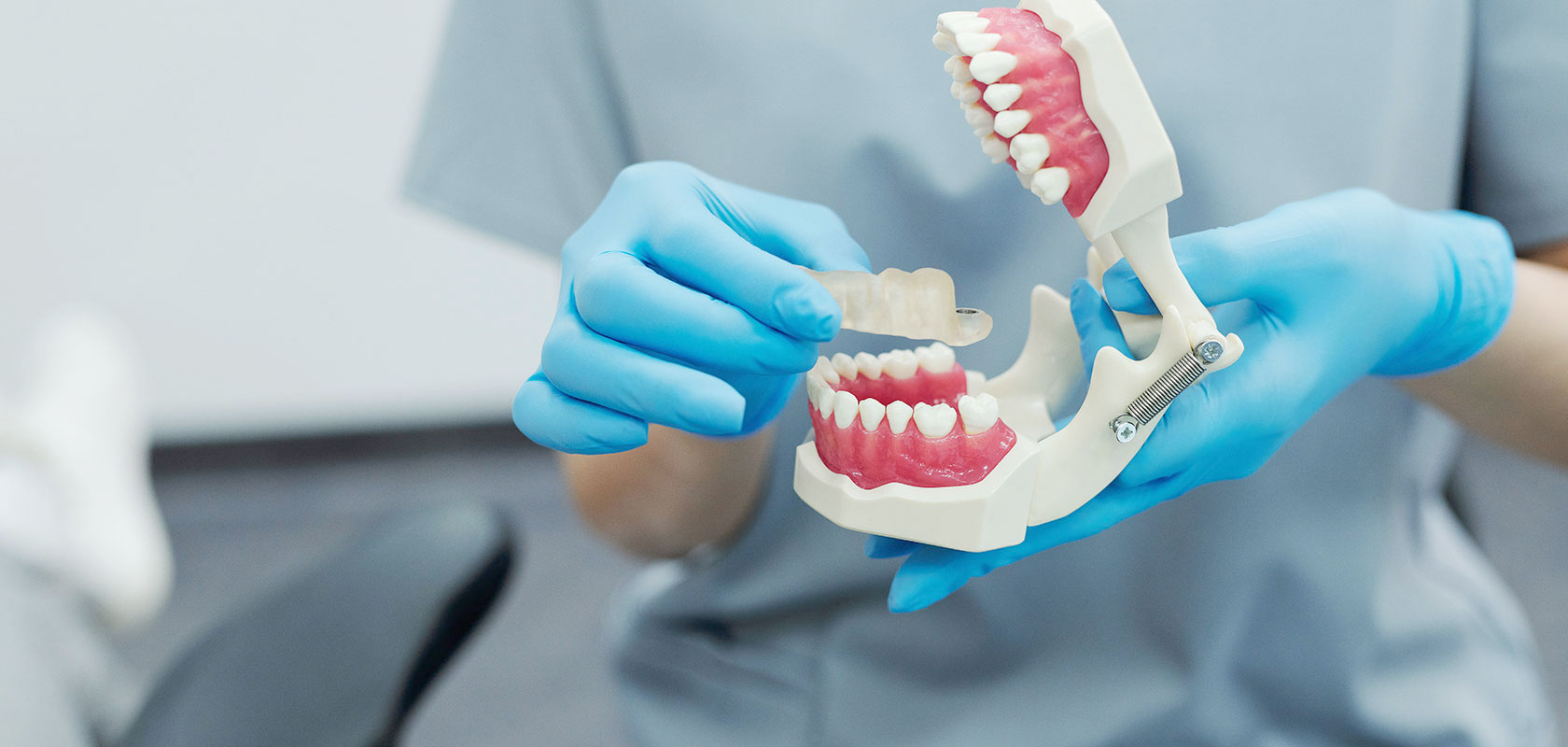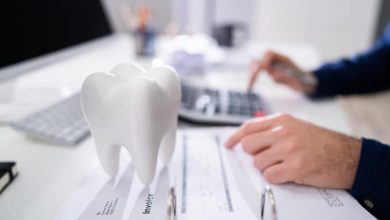Sleep Apnoea in Singapore: Understanding, Diagnosing, and Treating a Common Sleep Disorder

Sleep apnoea is a serious sleep disorder that affects millions of people worldwide, and Singapore is no exception. Characterized by interruptions in breathing during sleep, sleep apnoea can have significant health consequences if left untreated. In this article, we will explore what sleep apnoea singapore is, its symptoms, causes, the importance of diagnosis, and available treatment options in Singapore. By understanding this disorder, individuals can take proactive steps to improve their health and quality of life.
What Is Sleep Apnoea?
Sleep apnoea, also known as sleep apnea, is a condition in which a person’s breathing is repeatedly interrupted during sleep. These interruptions can last for a few seconds to minutes and may occur multiple times throughout the night. The most common type of sleep apnoea is obstructive sleep apnoea (OSA), which occurs when the muscles at the back of the throat relax excessively, blocking the upper airway. Another type is central sleep apnoea, which results from a failure of the brain to send proper signals to the muscles that control breathing. A less common form, complex sleep apnoea, is a combination of both obstructive and central sleep apnoea.
Sleep apnoea can lead to a variety of issues, from poor sleep quality to long-term health complications, including heart disease, high blood pressure, stroke, diabetes, and depression. Given the significant impact on overall health and quality of life, it’s essential for individuals in Singapore to be aware of the risks, signs, and treatment options for sleep apnoea.
Common Symptoms of Sleep Apnoea
Sleep apnoea often goes undiagnosed because its symptoms can be subtle, and many people are unaware of the disruptions occurring during their sleep. Common signs and symptoms of sleep apnoea include:
- Loud Snoring: Snoring is one of the most noticeable signs of sleep apnoea, especially loud, irregular snoring that is often accompanied by pauses in breathing.
- Excessive Daytime Sleepiness: People with sleep apnoea often experience extreme fatigue and drowsiness during the day, even after a full night’s sleep.
- Gasping or Choking During Sleep: Individuals may gasp for air or wake up feeling like they’re choking, which is a result of the blocked airway during sleep.
- Morning Headaches: Sleep apnoea can lead to poor oxygen levels throughout the night, causing headaches upon waking.
- Dry Mouth or Sore Throat: Breathing through the mouth due to blocked nasal airways can lead to a dry mouth or sore throat.
- Difficulty Concentrating: Sleep deprivation caused by interrupted breathing patterns can lead to problems with concentration, memory, and mood.
- Irritability and Mood Changes: Due to poor sleep quality, individuals with sleep apnoea may experience mood swings, irritability, and even depression.
While snoring is a common symptom, not all individuals with sleep apnoea snore. If you or someone you know experiences any of the above symptoms, it’s important to consult a doctor or sleep specialist for further evaluation.
Risk Factors for Sleep Apnoea in Singapore
While sleep apnoea can affect anyone, certain risk factors increase the likelihood of developing the condition. These factors are important to consider in understanding the prevalence of sleep apnoea in Singapore:
- Obesity: Excess weight, especially around the neck area, can increase the likelihood of airway obstruction during sleep. In Singapore, where obesity rates have been rising, the prevalence of sleep apnoea has correspondingly increased.
- Age: Sleep apnoea is more common in older adults, particularly those over the age of 40. As people age, the muscles in the airway can become weaker, contributing to blockages.
- Gender: Men are more likely to develop sleep apnoea than women. However, the risk for women increases after menopause, possibly due to hormonal changes.
- Family History: A family history of sleep apnoea increases the risk of developing the condition. Genetic factors may play a role in the development of obstructive sleep apnoea.
- Smoking: Smoking irritates the upper airway, increasing inflammation and fluid retention, which can contribute to airway obstruction and sleep apnoea.
- Alcohol Consumption: Drinking alcohol or using sedatives before bedtime can relax the muscles in the throat, worsening the symptoms of sleep apnoea.
- Nasal Issues: Chronic nasal congestion, enlarged tonsils, or other anatomical issues that affect the airflow can contribute to the development of sleep apnoea.
- Medical Conditions: Certain medical conditions, such as high blood pressure, heart disease, diabetes, and hormonal disorders, can increase the risk of developing sleep apnoea.
Given these risk factors, it’s important for individuals in Singapore, particularly those who fall into high-risk categories, to monitor their health and seek a professional evaluation if they experience symptoms of sleep apnoea.
Diagnosis of Sleep Apnoea in Singapore
If sleep apnoea is suspected, a proper diagnosis is essential for determining the severity of the condition and deciding on an appropriate treatment plan. The diagnostic process typically involves the following steps:
- Medical History Review and Physical Examination: A doctor or sleep specialist will begin by asking about the patient’s symptoms, medical history, and lifestyle factors. A physical examination may include an assessment of the airway, jaw, and throat.
- Sleep Study (Polysomnography): The most accurate way to diagnose sleep apnoea is through a sleep study, also known as polysomnography. This test is typically conducted in a sleep clinic or hospital setting. During a sleep study, various sensors will be attached to the patient’s body to monitor brain activity, heart rate, breathing patterns, and oxygen levels while they sleep. This will help determine the frequency and severity of apnoea events.
- Home Sleep Apnoea Test (HSAT): In some cases, a doctor may recommend a home sleep apnoea test. This is a portable device that monitors breathing patterns, oxygen levels, and other factors during sleep, typically in the comfort of your home. However, this test may not provide as detailed results as a polysomnography.
- Additional Tests: In some cases, additional imaging tests such as X-rays or CT scans may be used to evaluate the structure of the airway and identify potential obstructions.
Once the diagnosis is made, the sleep specialist will discuss the severity of the condition (mild, moderate, or severe) and recommend a treatment plan tailored to the patient’s needs.
Treatment Options for Sleep Apnoea in Singapore
Treatment for sleep apnoea singapore aims to relieve symptoms, improve sleep quality, and prevent complications. The treatment plan will depend on the severity of the condition, underlying causes, and patient preferences. Common treatment options in Singapore include:
- Continuous Positive Airway Pressure (CPAP) Therapy CPAP therapy is the most common and effective treatment for moderate to severe obstructive sleep apnoea. It involves wearing a mask over the nose or mouth while sleeping. The CPAP machine delivers a constant stream of air to keep the airway open, preventing breathing interruptions during sleep.
- Oral Appliances (Mandibular Advancement Devices) For mild to moderate sleep apnoea, an oral appliance may be recommended. This custom-fitted device is worn in the mouth during sleep and helps reposition the lower jaw to keep the airway open. Oral appliances are an effective alternative for people who cannot tolerate CPAP therapy.
- Lifestyle Changes In cases of mild sleep apnoea or in conjunction with other treatments, lifestyle changes can be highly beneficial. These include:
- Weight loss: Losing excess weight can reduce pressure on the airway and decrease the severity of sleep apnoea.
- Positional therapy: Sleeping on your side instead of your back can help reduce airway obstruction.
- Avoiding alcohol and sedatives: Reducing or eliminating alcohol and sedative use can help prevent muscle relaxation in the throat.
- Surgery In severe cases or when other treatments are ineffective, surgery may be considered. Surgical options may include procedures to remove excess tissue from the throat, reposition the jaw, or implant devices to stimulate the airway muscles during sleep.
- Treatment for Underlying Conditions If sleep apnoea is caused by underlying medical conditions, such as nasal congestion or hypothyroidism, treating these conditions may help alleviate symptoms.
Conclusion
Sleep apnoea is a common but serious condition that can significantly impact a person’s health and quality of life. In Singapore, where the prevalence of sleep apnoea is rising, it is important for individuals to be aware of the symptoms, risk factors, and available treatments for the disorder. Early diagnosis and intervention can help prevent the long-term health consequences associated with untreated sleep apnoea.
If you suspect you or a loved one may have sleep apnoea, it’s crucial to consult a healthcare professional or sleep specialist for a comprehensive evaluation and tailored treatment plan. With the right treatment, individuals with sleep apnoea can enjoy better sleep quality, improved health, and a higher quality of life.



